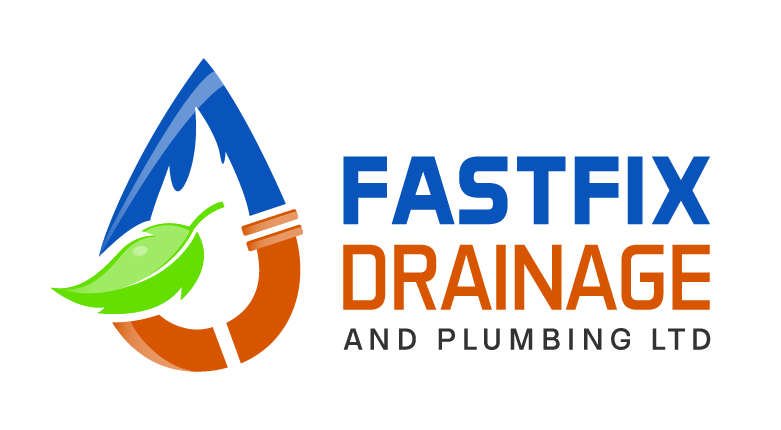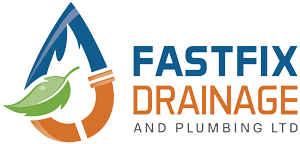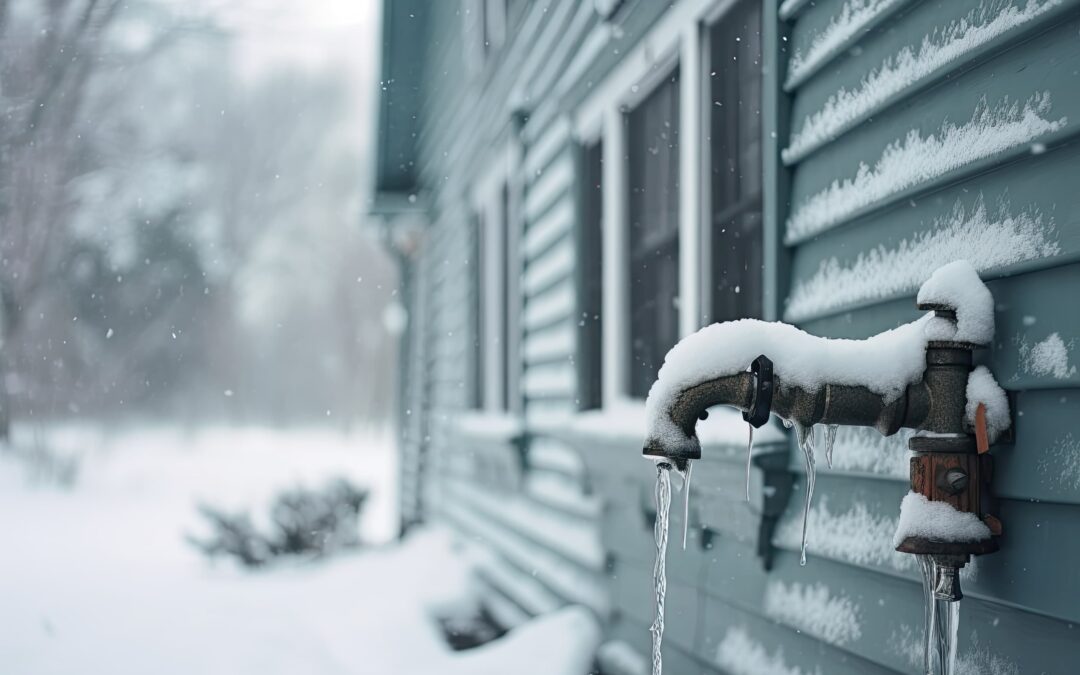As the temperature drops, it’s time to think about your home’s plumbing system and how it will weather the winter months. The weather can change to become chilly, damp and frosty, so taking steps to safeguard your plumbing is essential to prevent costly and inconvenient waterworks and heating issues.
In this blog post, we will explore some common concerns for your plumbing and drainage systems in winter, and offer valuable tips to help you care for your pipes and prepare for the cold season.
Prevent Frozen Pipes
One of the most effective ways to protect your plumbing in winter is to insulate your pipes. Insulation helps to prevent freezing, which can lead to burst pipes. Common areas that require insulation include:
- Exterior pipes
- Pipes in unheated areas like the garage or attic
- Pipes near exterior walls
- Any exposed plumbing
You can use foam pipe insulation, pipe sleeves, or even newspaper and duct tape to wrap your pipes – It’s a relatively inexpensive way to keep your plumbing cosy.
If your pipes do freeze during the winter, it’s essential to act quickly to prevent them from bursting and causing water damage. Here’s what you should do if you discover frozen pipes:
Locate the Frozen Pipes:
Identify which pipes are frozen.
Turn Off the Water Supply:
Shut off the main water supply to your home to prevent additional water from entering the frozen pipes. You’ll typically find the main shut-off valve near the water meter. If your home has individual shut-off valves for different sections, you can use those to isolate the affected area.
Open the Affected Taps
Open the taps connected to the frozen pipes to relieve pressure. This will also allow the water to escape once the pipes thaw.
Thaw the Pipes:
Use warm towels, hot water bottles or a hairdryer on a warm setting
Do NOT use open flames or high-temperature devices like propane torches to thaw pipes, as this can be dangerous and cause fires or damage the pipes.
Continue Thawing:
Keep applying heat until water flows freely from the taps. This may take some time, so be patient. Start with the tap closest to the frozen area.
Insulate and Prevent Future Freezing:
Once the pipes are thawed, insulate them to prevent future freezing
Check for Leaks:
After the pipes have thawed, check for any leaks. If you notice any damage, you may need to call a plumber to repair or replace the affected section of the pipe.
Don’t forget your Outdoor Plumbing!
This includes garden hoses and outdoor taps. Disconnect and drain hoses, and shut off the outdoor water supply if possible. This will help prevent frozen and burst pipes in these areas.
Service Your Boiler
Your boiler is essential for keeping your home warm and your water hot. Before winter sets in, have your boiler serviced by a qualified technician to ensure it’s in good working condition. A well-maintained boiler will be more energy-efficient and less likely to fail during the colder months.
Keep Your Home Warm and plan for Winter Vacations
Maintaining a warm indoor temperature during the winter is not only good for your comfort, but also ideal for protecting your plumbing. Ensure that your heating system is in good working order and set it to a temperature that prevents freezing, typically around 12-15°C (55-60°F). If you’re planning a winter getaway, or leaving the house to stay with family over the Christmas period, It may also be wise to set your heating to come on by timer or get a neighbour to pop in to check your home while you’re away.
Winter can be a challenging season for your plumbing system, but by taking the time to prepare and follow these tips, you can minimise the risk of frozen pipes and other costly winter plumbing problems. Don’t let the cold weather catch you off guard – prepare and protect your plumbing and enjoy a warm and worry-free winter season. Stay warm, stay cosy, and stay safe!



